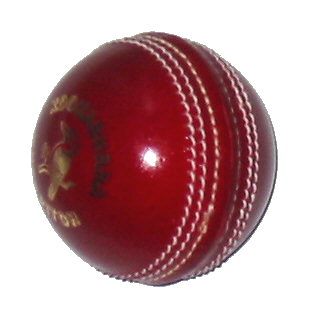We were looking for a coach who can bring together a team at short notice to be ready to take on the world champions.

"Malcolm Walter Speed" is an Australian businessman and the former Chief executive officer/CEO of the International Cricket Council.
Before he entered the world of cricket, he was a barrister in Melbourne. He was originally the Chief Executive Officer of the Cricket Australia/Australian Cricket Board from 1997 until in 2001, he took up the job of the CEO of the International Cricket Council. In this role, he has worked with four Presidents of the ICC: Malcolm Gray, Ehsan Mani, Percy Sonn and Ray Mali. He was succeeded as ICC CEO on 4 April 2008 by Haroon Lorgat.
Speed was put on paid leave until his contract ran out on 4 July 2008 after rumours had been circulating for the last month that he had had a serious falling-out with Ray Mali, the President, following the ICC executive's decision not to take any major action against Zimbabwe following an independent forensic audit carried out by KPMG.
Speed was formerly in charge of the Australian National Basketball League, overseeing the 1996 removal of three teams from the League, and is a member of the NBL Hall of Fame. He was also a board member of the Australian Sports Commission.
Speed is currently a board member of Golf Australia and the Richmond Football Club.
Speed was inducted into the Sport Australia Hall of Fame in 2012.>
More Malcolm Speed on Wikipedia.But it's a delicate issue and a difficult issue.
We have worked through initial drafts and all of the countries will now be given an opportunity to comment on a revised six-year plan.
We've already cancelled the status of one Test match, which I believe is unprecedented and is something that shouldn't have happened.
The awards provide an opportunity for all players, umpires and teams to be recognized and one of the key strengths of the system we have in place is that this recognition comes from respected voices within the game.
We have led the world in terms of the processes we have put in place.
It's something we want to talk to the captains about and the umpires.
If this issue is not resolved well ahead of the match, it is possible that it will take place at the start of the match in a highly charged and volatile environment that will exacerbate risk of injury.
We believe that's the best way that cricket can show it's remorse, can show the people of the countries that have been affected that we're thinking of them and we're concerned to do whatever we can to ease the suffering at this terrible time.
Copyright © 2024 Electric Goat Media. All Rights Reserved.